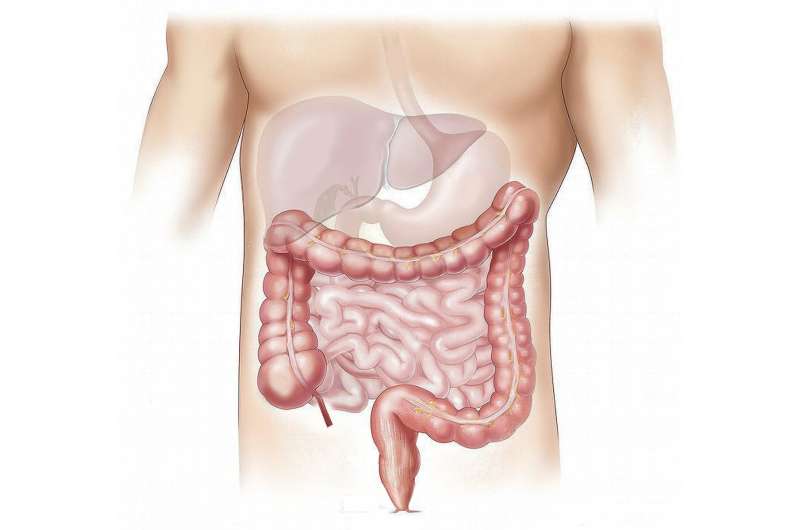Nasal Mask Support Enhances Breathing Outcomes in Preterm Infants: Landmark Clinical Trial

A major clinical trial reveals that nasal mask support at birth significantly improves breathing in extremely preterm babies, potentially transforming neonatal resuscitation practices worldwide.
A groundbreaking clinical trial conducted by researchers at Monash University has demonstrated that using a nasal mask instead of a traditional face mask to support extremely preterm newborns can significantly improve their ability to breathe independently immediately after birth. The study, published today in The Lancet Child & Adolescent Health, involved 151 babies born between 23 and 31 weeks of gestation at Monash Children's Hospital. These fragile infants often require urgent respiratory support right after birth, typically through positive pressure ventilation or rescue breathing, which can sometimes cause lung damage due to high inflation pressures. When traditional face masks fail, escalation to intubation may be necessary, carrying additional risks.
The research team found that initial respiratory support through a nasal mask reduced the need for rescue breathing from 58% to 39%. Dr. Douglas Blank, the lead researcher, explained that this approach helps more newborns maintain spontaneous breathing efforts, leading to better immediate outcomes. The intervention was administered within the first 20 minutes of life during delivery, prior to admission to the neonatal intensive care unit (NICU). Senior researcher Associate Professor Calum Roberts emphasized that especially for babies born before 28 weeks, supporting spontaneous breathing early on could prevent the need for invasive procedures like intubation, which can cause long-term damage to their delicate lungs and brains.
Given that over 25,000 preterm births occur annually in Australia alone, these findings have the potential to change delivery room practices worldwide. Implementing nasal mask support is a simple, low-cost measure that can be adopted readily, potentially improving survival and long-term health outcomes for the most vulnerable newborns.
This research underscores the importance of re-evaluating traditional neonatal resuscitation techniques to optimize support for preterm infants from the moment they are born.
Stay Updated with Mia's Feed
Get the latest health & wellness insights delivered straight to your inbox.
Related Articles
New Mechanisms Linking Neuroinflammation to Memory Loss Uncovered
Recent studies reveal how neuroinflammation induces memory loss through epigenetic DNA modifications in neurons, opening new pathways for therapeutic interventions in neurodegenerative diseases.
Innovative Multi-Layer Drilling Plate Enhances Preclinical Dental Training
A new multi-layer drilling plate designed to replicate natural dental tissues promises to improve realism in preclinical dental training, offering a more effective educational tool for students worldwide.
Psoriasis and Its Connection to Increased Risk of Vision-Related Eye Diseases, New Study Shows
A groundbreaking study links psoriasis to a significantly higher risk of developing age-related macular degeneration, emphasizing the importance of eye health vigilance among psoriasis patients.



